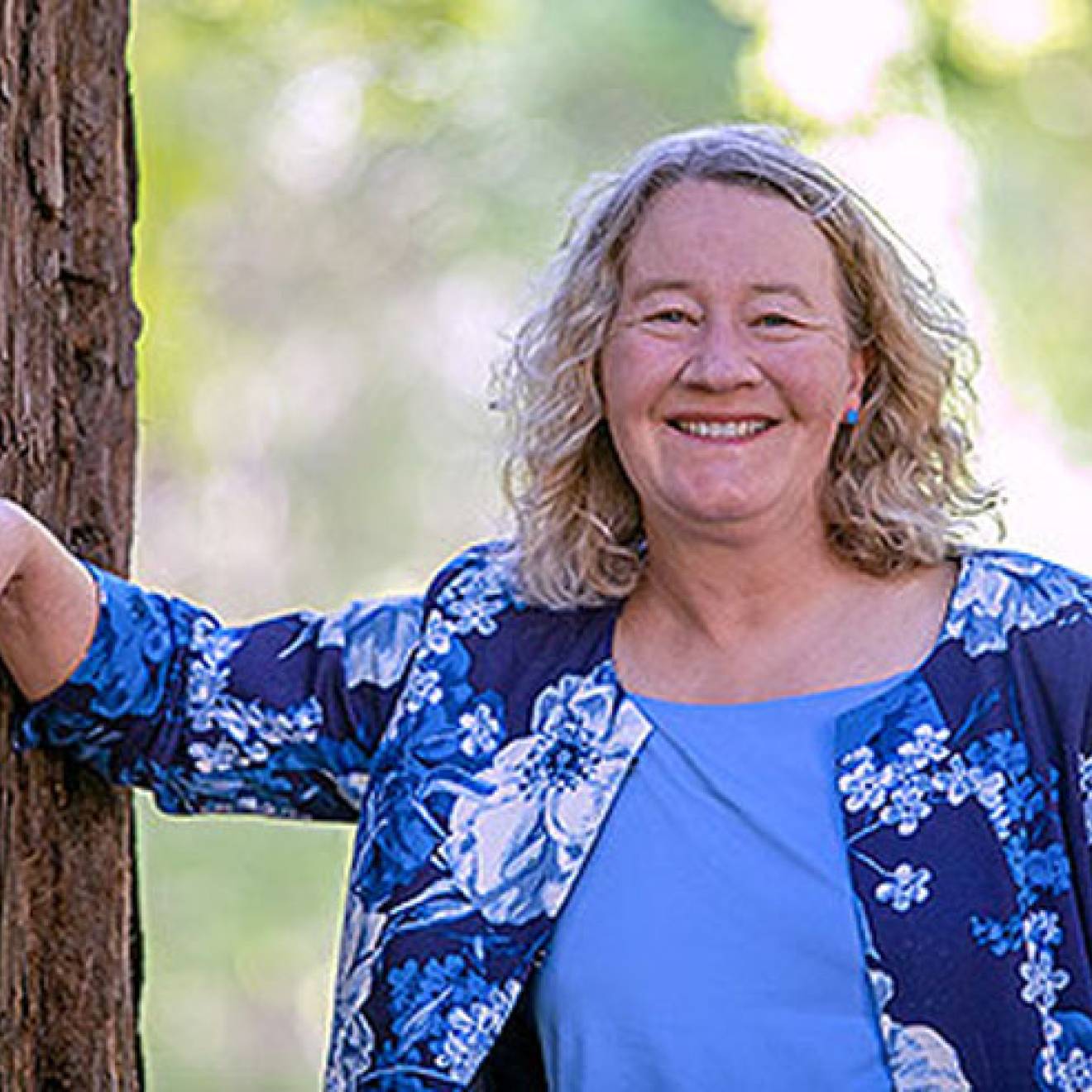Michelle Phillips, UC Berkeley

UC Berkeley alumnus Gary Ruvkun has been awarded the 2024 Nobel Prize in physiology or medicine. Ruvkun, a 1973 graduate with a B.A. in biophysics, shares the prize with Victor Ambros, a professor at the UMass Chan Medical School, for their discovery of microRNA and and its role in post-transcriptional gene regulation. MicroRNA are tiny pieces of genetic information that play critical roles in helping cells regulate gene expression and control what types of proteins they produce.
The work from Ruvkun and Ambros has influenced scientists worldwide, guiding research for diseases such as cancer and diabetes. Today, Ruvkun is a professor at Harvard Medical School and Massachusetts General Hospital.
“Ambros and Ruvkun’s seminal discovery in the small worm C. elegans was unexpected, and revealed a new dimension to gene regulation, essential for all complex life forms,” according to the Nobel Committee’s news release.
“Great news this morning that Gary Ruvkun, a native of Berkeley and a Berkeley grad, shared the Nobel Prize with Victor Ambros,” said 2013 Nobelist Randy Schekman, a UC Berkeley professor of molecular and cell biology. “This recognition follows years of anticipation for this prize and matches their recognition with that of another Berkeley grad, Andrew Fire, who shared the Nobel with Craig Mello for the discovery of small interfering RNAs, which, when introduced into cells, form double-stranded RNA molecules that similarly can control gene expression. Both discoveries have had a substantial impact on our understanding of and ability to manipulate the expression of genes in higher organisms.”
Born and raised in Berkeley, Ruvkun’s upbringing in the 1960s first sparked his interest in science. The world was racing toward the first moon landing, and young Ruvkun was inspired by the combination of science and technology. Although he originally set out to pursue electrical engineering at Berkeley, he was ultimately drawn to physics instead.
“Physics at Berkeley was taught in a more inspirational way,” Ruvkun said in a 2011 profile by the journal Proceedings of the National Academy of Sciences (PNAS). Upon receiving the Lasker Award for Basic Medical Research in 2008, he remarked, “it is possible that my undergraduate training in physics taught me not quantitative reasoning, but rather how a scientific revolution at its very beginning can be recognized.”
“We are thrilled to celebrate Professor Ruvkun,” said Jennifer Johnson-Hanks, executive dean of the College of Letters and Science. “His creativity so beautifully demonstrates what we hope our L&S undergraduates take with them from here. A Berkeley liberal arts education is designed to help students cultivate curiosity and grit. We try to teach students a taste for changing your mind in response to evidence — both the core of science and an essential part of being prepared to lead a life of consequence and contribution.”
Ruvkun and Ambros connected at the Massachusetts Institute of Technology while serving as postdocs in the laboratory of Nobel laureate Robert Horvitz. Together, they studied gene control in the late ‘80s and early ‘90s, using small soil-dwelling roundworms, C. elegans. Their Nobel citation cites their work with C. elegans, which provided a useful model for researching how tissues develop and mature in multicellular organisms.
Ruvkun told PNAS, “Developmental biology was just coming into its own, and the nematode worm seemed small enough to be described in a somewhat digital way.”
Ruvkun and Ambros announced their discovery of the first microRNA by publishing their studies in the journal Cell in 1993, eventually setting off a scientific revolution of their own.
“Their groundbreaking discovery revealed a completely new principle of gene regulation that turned out to be essential for multicellular organisms, including humans,” the Nobel citation declared. “It is now known that the human genome codes for over one thousand microRNAs. Their surprising discovery revealed an entirely new dimension to gene regulation. MicroRNAs are proving to be fundamentally important for how organisms develop and function.”
After earning his B.A. at Berkeley, Ruvkun obtained a Ph.D. in biophysics from Harvard University. His work in this field has garnered many notable accolades, including the 2008 Franklin Medal and the 2015 Breakthrough Prize in Life Sciences.

